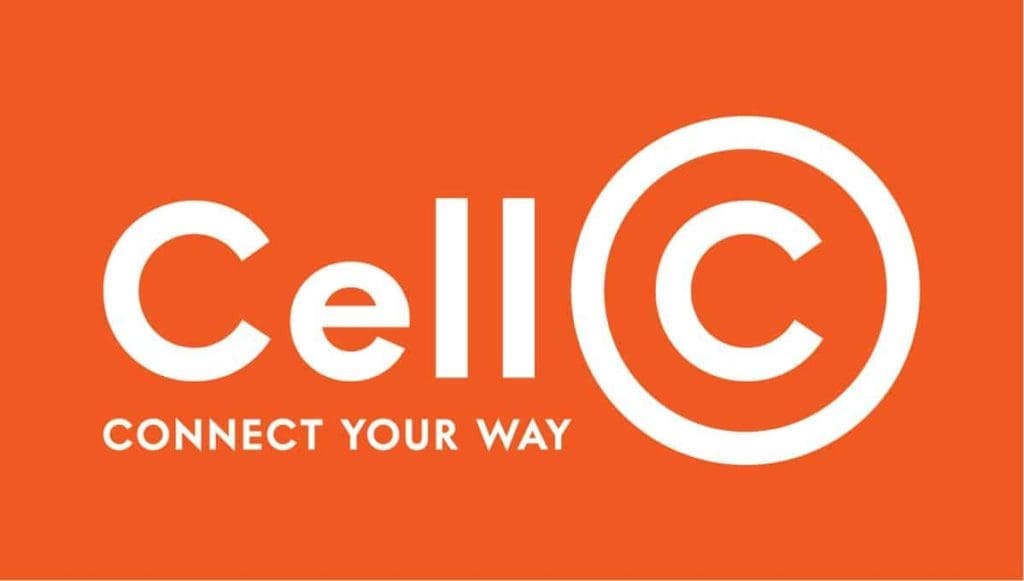Cell C is terminating its franchisees and taking over some of them without compensating the owners, insiders have claimed.
This year, Cell C is scheduled to take-over about 12 stores from their owners, internal documents seen by TechFinancials reveal.
The internal document details Cell C’s “Franchise Take Backs and New Store Rollout 2018”.
Cell C’s plan for the take-over of more franchisees stores:
The list of franchisees kicked out of their own stores by Cell C include; Amproz, Abomanzi, A-Tech, Bertolox, Prytanya, Shalom Creative Projects, and Verbiplex.
Asked to comment on the development, which started way back in 2015, owners of affected franchisees declined.
However, things have reached a stage where the take-back of stores is having a negative impact on Cell C’s equipment revenue.
A recent Cell C management report, seen by TechFinancials, indicates that equipment revenue in 2017 was lower primarily “due to the decrease on sales to franchisees resulting from the aggressive rollouts of the store buyback campaign”.
Cell C defends taking over stores owned by its franchisees
In the report Cell C attributes the take-back of Verbiplex stores to cash flow issues that won’t improve despite the franschise achieving revenue targets.
It also discloses that a legal process was under way for Shalom franchise and Abomanzi was also involved in litigation.
Both Prytanya and Bertolox franchisees have been cited for “performance breach”, while A-Tech owners are not investing in the business.
Insert slide for the reasons
Fears are rising that the reasons proffered for the franchise take overs perhaps serve to camouflage the mobile phone operator’s plan to make it impossible for store owners to do business.
“The aim is to ensure that one by one they get frustrated and Cell C takes ownership of the stores. They are using different tactics to breach the store owners individually,” claimed an insider with knowledge of the goings-on at the company.
The insider claimed the sinister plot involved withholding stock. The situation is exacerbated by the rules which say store owners cannot send back old redundant stock even if it is not selling well.
This inevitably puts tremendous strain on store owners’ cash flow.
“Every month franchise store owners are given a new list of handsets they have to buy from Cell C … if they do not buy them, they are in breach of the rules and risk their franchise deal being terminated,” said the insider.
Many of the affected owners are of the view that Cell C deliberately set very high targets that were unreachable for most franchisees.
Another complaint that affected franchisees was that the rules locked them into purchasing accessories from a single company – something they suggested was against the Consumer Protection Act.
Cell C wants to own 100% of retail store before its planned listing next year or 2020, said an insider.
For now, Cell C is planning to rollout 30 of its company-owned stores, according to its internal document, which doesn’t disclose how many stores it already owns.
Commenting on the franchise take overs, empowerment partner CellSaf said: “It is one of the elements of CellSaf complaint to the Competition Commission in June 2017”.
CellSaf added: “And reflects just how much of Cell C’s value chain has been usurped and given to the new Cell C family.
“Cell C, Blue Label Telecoms, Net1 and their subsidiary companies: Glocell, DNI, 3GMobile and others need to publish and make available their abridged financial statements.
“So, that all stakeholders including investors, shareholders and employees can decide for themselves.
“How can a company like Cell C hope to list (on the JSE) and one year prior to listing haven’t publish sets of credible financials.”

1 Comment
Pingback: Cell C vs CellSaf: Is It A Case Of Goliath Being Favoured By Regulators?